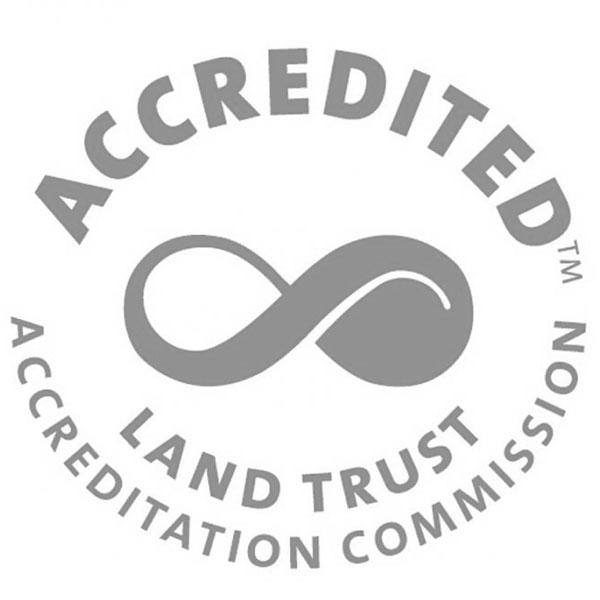Staff Spotlight: Caitlin Fisher

Where were you before your time with ESLC?
I grew up in Salisbury, Maryland and graduated from Parkside High School, then studied English at Emory University in Atlanta. My first year post-college I worked at a magazine, the following year I worked at a farm, and I’ve pretty much kept up that balancing act ever since. I’ve grown organic vegetables for a little over 12 years now, starting as a field hand at Greenbranch Farm on the Eastern Shore, then heading down to Wadmalaw Island in South Carolina where I managed harvest at Ambrose Family Farm with farmer and shrimper extraordinaire Captain Pete Ambrose. While in Charleston, I also worked as the agricultural director for a school gardening nonprofit called The Greenheart Project. Later, near the Blue Ridge Mountains, I looked after greenhouses, food crops, heritage chickens, and natural dye and fiber plants at Oak Spring Garden Foundation‘s Biocultural Conservation Farm. Over the years I have tended grapes in northern California, wild hogs in Louisiana, goats in Oregon, garlic on Vashon Island, veggies at the lovely Fox Briar Farm here in Hurlock, onions and peonies at Amy’s Garden in Virginia, and—for one glorious day—passionfruit in tropical St. Croix. Little did I know, the most magical passionfruit I would ever taste would be a native Passiflora incarnata foraged while flower farming at Willow Oak Flower & Herb Farm in my home state of Maryland.
Farming, writing, and photography have grown increasingly and inextricably interwoven throughout my life. I have loved words since before I could hold a pencil and I was gifted my first film camera from my grandmother when I was eight years old. Putting seeds into the soil feels, for me, quite a lot like pressing words onto a blank page or softly shuttering an image into a frame. In 2019 I completed an MFA in poetry and creative writing at VCU (where I’m happy to report the professors are very supportive of litanies on celery). I’ve worked as a writer and researcher for National Geographic since 2009. And I also write for other magazines like Growing for Market, AFAR, the Essentialist, the Local Palate, and Gourd Magazine.
How did you come to work for ESLC?
David Satterfield, ESLC’s Director of Land Conservation, was a generous and patient help last summer when my husband and I moved home to the Eastern Shore and wanted to learn more about easements, particularly Maryland’s Rural Legacy Program. I was inspired by ESLC’s work and I began looking every so often to see if they were hiring. A few months later my brother noticed a job opening for a communications manager. The position seemed like a holistic fit for my background in writing and farming. I’m so delighted to be here, and I look forward to using the power of stories in order to help conserve this uniquely beautiful brackish home of blue crabs and swamp mallows, sassafras and “goose music.”
What is your favorite thing about ESLC?
That dogs are allowed in the office! No, truly, my favorite thing about ESLC is how thoughtfully this conservancy thrives in the tension of things. The healthier the land is, the healthier the town will be. The healthier the town is, the healthier the land will be. ESLC cares about both large-scale policy change and the individual, intimate relationship between a single community member and the land they call home. In the words of president Steve Kline, ESLC cares about both “policy decisions and kitchen-table decisions.” I think residing in this sometimes-challenging-sometimes-delightful tension primes us to listen well, to work as a team, to steward wisely, and to foster the most creative ideas, the most abundant growth, the most successful solutions.
If you were given a million dollars, what would you do with it?
If I had a million dollars I would buy a home farm for my family. I’d restore forest or meadow or wetland on the majority of the property and plant wild mint, passionfruit, and pawpaws in every nook and cranny. Then I’d invest a little, save a little, and donate or give away the rest.






